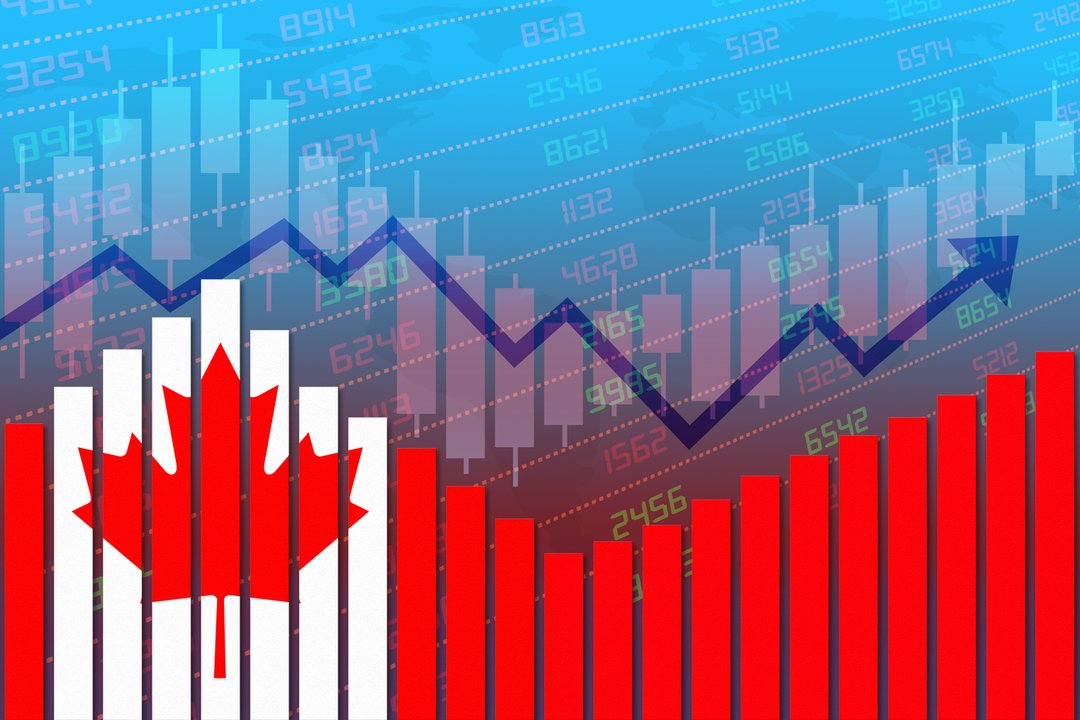
David Parkinson
Aug. 16, 2021
In the three decades since the Canadian government and the Bank of Canada agreed to make inflation control the primary job of the central bank, the topic of inflation has largely disappeared from the political debate. Jack Mintz thinks that could – or maybe should – change in the federal election campaign.
The logic is that heavy public spending since the COVID-19 pandemic began has, effectively, made the government complicit in potentially awakening the inflation beast. If you’re worried about inflation, then your next government’s position on spending and deficits may be much more than a philosophical question in this election.

“I think it’s a serious issue,” the University of Calgary school of public policy economist said in an interview last week. “The question is, are governments going to be aggravating the [inflation] situation or not?”
Inflation has dominated economic conversations since spring, when Canada’s year-over-year consumer price index inflation rate spiked from just 1.1 per cent in February to 3.6 per cent in May, the highest in a decade. (It backed off a bit to a still-elevated 3.1 per cent in June, the latest available month of data.)
Officials at the Bank of Canada have argued the increase is temporary – partly owing to a statistical blip known as “base effects” (the “base,” or comparison from a year earlier, was abnormally depressed by the start of the pandemic), and partly fuelled by supply-chain disruptions as many economies around the world rapidly reopened and demand surged. But many economic observers have a nagging feeling that the inflation rise may have more behind it than just some short-term growing pains.
In a research report last week, Bank of Nova Scotia economists René Lalonde and Nikita Perevalov calculated that, indeed, most of the recent rise in inflation can be traced to those base effects and supply-chain dislocations. But even once you remove those factors from the inflation data, Canada’s “fundamental” inflation rate – the more persistent, underlying inflation that’s left – is still headed for 2.5 per cent in 2022-23. That’s meaningfully above the long-term average of about 2 per cent.
This overshoot, they said, reflects growing demand pressures as the strong economic recovery progresses, quite apart from the supply problems that have shouldered much of the blame over this spring and summer.
Normally, we’d call that the Bank of Canada’s problem, since it’s the designated defender of the country’s official 2-per-cent inflation target. Normally, we’d count on the central bank to raise interest rates as the economy approaches full speed, to tap the brakes on demand and ease inflationary pressures.
But normally, we’re not coming off a year that featured more than $350-billion of deficit spending by the federal government. Normally, we’re not in the midst of a year with another $155-billion deficit budgeted. Program spending in 2020-21 was equivalent to 28 per cent of the country’s gross domestic product, and spending plans for 2021-22 represent another 20 per cent – compared with more like 14 per cent in a typical year.
The reality is that federal government spending is contributing mightily to demand in the Canadian economy. That represents considerable fuel for that smouldering inflation fire, with overall demand expected to continue to grow strongly over the next year or two – and to cobble up already strained demand as it does so.
And that, Prof. Mintz argues, is what makes inflation a political question and a topic of debate for the election campaign. If spending is contributing to rising inflation, then this becomes part of the framework around the question of the deficit and debt intensions of the parties vying to form the next government.
“The pandemic has been a supply shock. If you start pushing up demand faster than the available supply, that’s going to create more inflation. So, knowing the fiscal policy stance of the government is going to be important,” Mr. Mintz said.
This is not the typical framing of the deficit discussion, which usually boils down to a moral debate over the government’s responsibility to live within its means, and whether rising debts place an undue burden on future generations. This is less philosophical than arithmetic: Is Ottawa heaping too much demand onto the economy, and if so, will voters pay the price through a rising cost of living?
It’s a casting of the discussion that cuts through the partisan rhetoric and brings it down to brass tacks. Not so much, is deficit spending right or wrong, but are current plans among the parties for deficit spending good or bad – specifically, for inflation? Do the benefits outweigh the potential economic costs?
“It’s not the ethical question about leaving the big bill to our grandchildren. ... Inflation is something that’s real, it happens right now. It’s a tax on people’s incomes,” Prof. Mintz said.
This Globe and Mail article was legally licensed by AdvisorStream.
© Copyright 2025 The Globe and Mail Inc. All rights reserved.


